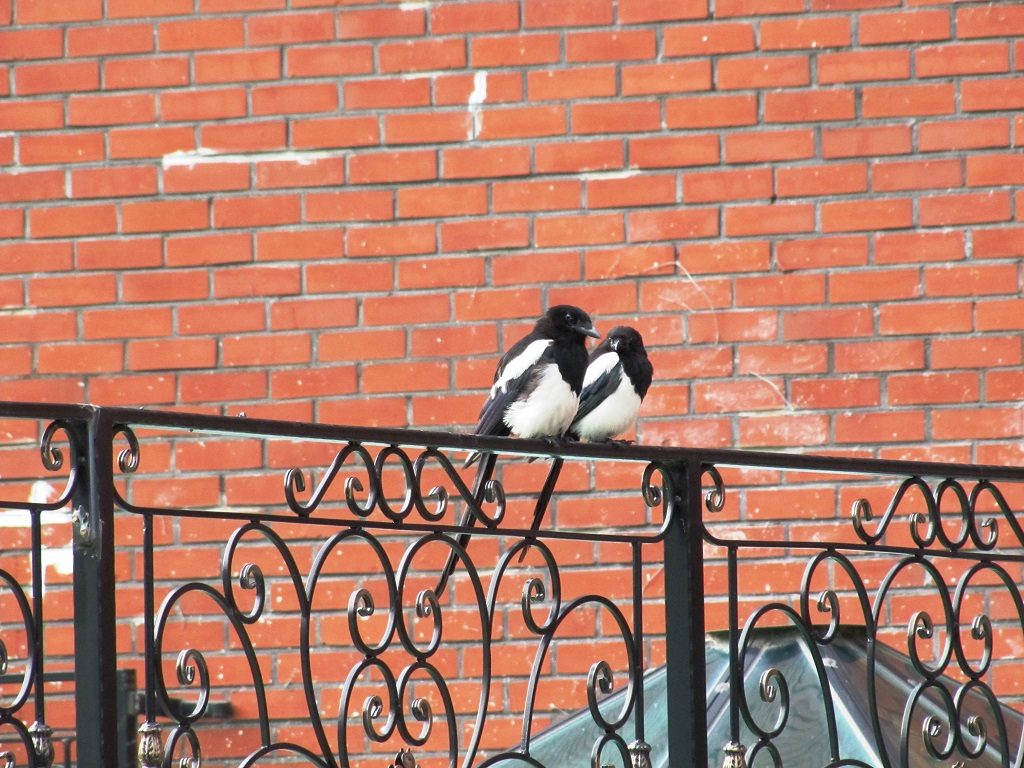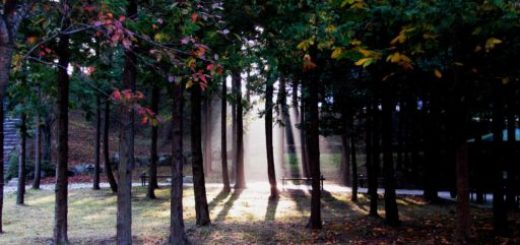Higher Education, Part Two
What is disturbing about today’s university is not the recognition that so few people in it see the world as I do. Disagreement or minority status never bothers me. Rather it is that so few are able even to comprehend the possibility that anyone might not see the world as they do. The uniformity of assumptions and presuppositions, the perfect conformity of all theoretical interests and pursuits to the tenor and content of the latest popular attitudes, and the utter certainty, expressed in the writings, voices, and eyes of almost everyone I meet, that everyone in the “academic community” will share every important opinion and premise in common — that is the alarming aspect of the university today.
The Great Conversation has become The Great Pep Rally; everyone is cheering for the same side, or at least so sure that they are that the presence of an interloper in their midst would either go entirely unnoticed or cause convulsions of perplexity and disgust. There is now, in all the traditional academic areas of human investigation, i.e., the humanities and social sciences, something of the atmosphere of a church congregation. This is absolutely not the place, one now senses, where it would be considered appropriate or respectful to question the latest dogma, or doubt the presiding interpretation of God’s will. So many of the professors and students now seem akin to those old widows who sit in the pews every morning with their rosaries. How dare anyone shatter their steadfast faith and their last days of quiet hope with skeptical words! Even Socrates himself, when among the general citizenry, knew when to leave men respectfully to their comforting beliefs.
But the university was meant to be precisely the one place in a modern society where those genteel rules of leaving others to their unchallenged dogmas would not apply. The presumption was quite the contrary, namely that here, if here alone, anything could be said, anything could be questioned, everything would come under further review. A soul given to the kind of inquiry and doubt that sets him somewhat apart from his fellow citizens in the society at large would feel the alternative security of knowing that enforced uniformity and dogmatic certainty had no place at all within the confines of the university. Here, the doubters and iconoclasts, the individualists and outsiders, the radical searchers and untimely men, would have a spiritual home, a modern Epicurean garden, where they could engage in the most open and wide-ranging conversations without fear. Here, no one would ever forsake the unbridled search for truth in favor of subservience to majority opinion, or sacrifice spirited argument to the anti-rationalist fist-waving of political activism.
In the university, as previously understood, there was little room for “what we all know,” except in the sense that they all knew that the longstanding tradition of thought and discussion, the rich history of spiritual investigation, justified, or even demanded, a profound critical distance from current attitudes and platitudes, and a slightly dangerous pride in feeling that one was in conversation with the ancients, strolling alongside the great men and women of past centuries, not preaching at them from a position of presumed superiority but listening to them with unjaundiced and unsophisticated attentiveness, as though they might know something that we have forgotten. The teaching of that critical distance from the fashions of one’s age, and the careful inculcation of that pride of participation in activities nobler than the pragmatic comforts and certitudes of this moment, was itself the most exalted function and aspiration of the university. To lose that would be to lose the university as such, to turn it into just another institutional office in the administrative machinations of the state, just another servant of the ever-changing whims and dictates of unthinking majority rule.
We have lost it.



